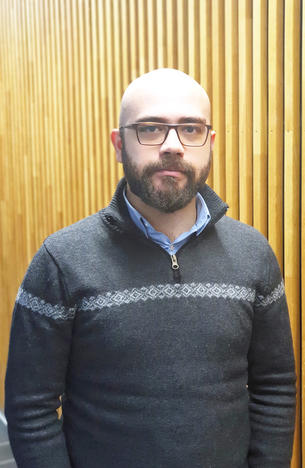Om avhandlingen:
Time is one of the most important resources that consumers gain and spend. It is also a conceptually unique resource.
In this dissertation, I present a review of the existing literature on time as a resource and discuss time in relation to other resources.
In the empirical chapters, I explore this topic in three different ways:
First, I investigate the role of exchange perspective in the context of interpersonal exchange of time, showing that receivers of time underestimate the benefits of their time gain.
Furthermore, building on the existing conceptualizations, I define two necessary features of buying time: consumers’ capability of completing a task and their ability to allocate their gained time from outsourcing the task to other activities.
Each of these aspects are examined in a separate chapter.
The results of four studies in Chapter 3 , indicate that an increase in consumers’ domain self-efficacy leads to a decrease in their valuation of time-saving services within the same domain, lowering their willingness-to-pay and increasing their perception of price unfairness.
In other words, when consumers feel they are good at a task, they are willing to pay less for a service to complete that task, and they are more likely to find the price of the service as unfair. I argue and show that time-saving services can gain by shifting away from an emphasis on time benefits in their marketing communications.
Moreover, across three studies in Chapter 4, I find a novel consequence of buying time for consumers.
The results indicate that buying time can impair consumers’ enjoyment from the activity that replaces the outsourced task. I explore one of reasons for this effect, and address alternative explanations. The theoretical and practical implications of the findings are discussed in the final chapter.